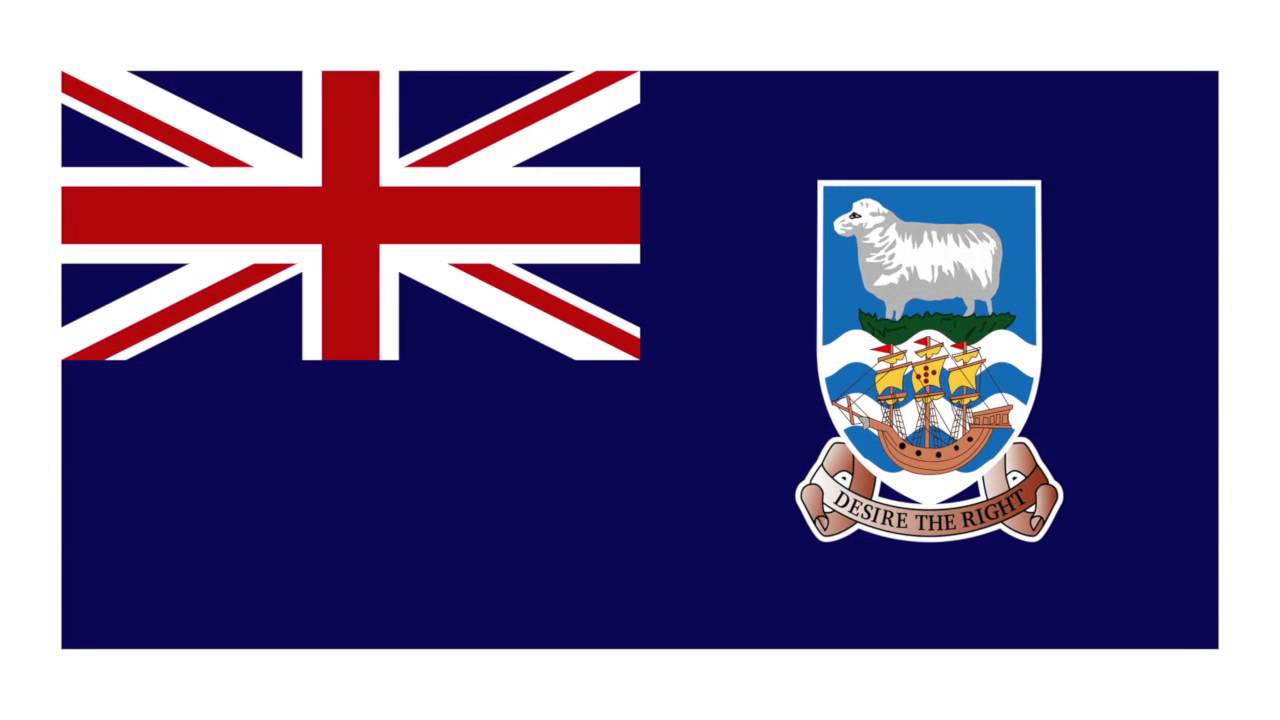An explanation of unusual symbols found on 10 national flags from around the world.
Enjoy!
Here are 10 unusual symbols found on national flags.
For the most part, the flags of the world’s nations are pretty straight forward – stripes, blocks of colors, and maybe a crest or an emblem here and there. That’s not true for all of them, though.
Here are 10 of the more unusual symbols some of them feature.
Number 10. Mozambique. Why yes, that is an AK-47 stretched over the book and star. It recalls the country’s struggle for independence and stresses the importance of defending one’s native land.
Number 9. Nepal. The red background signifying the color of Nepal’s official flower the rhododendron is but one of the things that makes the flag unique. It’s also the only national banner that’s neither rectangular nor square.
Number 8. Mexico. At its center is the Mexican Coat of Arms – an eagle that’s carrying a snake and perched atop a cactus. The image references the Aztec legend describing how and where the capital, Tenochtitlan, was founded.
Number 7. Falkland Islands. As a British territory, their flag features the Union Jack. To reflect their own cultural identity, however, they added a ram as a nod to their longstanding sheep farming industry.
Number 6. Saudi Arabia. While many flags contain text, no others have it so prominently placed. The Arabic script is a statement of faith and translates as “There is no god but God; Muhammad is the prophet of God.”
Number 5. Cyprus. A very literal representation of the country itself figures prominently, but the meaning of the olive branches beneath it is much more abstract. They symbolize the hope for peace between the communities hailing from Turkey and Greece
Number 4. Cambodia. The building depicted is Angkor Wat, a vast temple complex built in the early 11 hundreds. It’s the only architectural structure to be featured on any flag, and has been a part of Cambodia’s in one form or another since the 19th century.
Number 3. Grenada. Spices are an important part of the Caribbean nation’s economic present and future, and as such nutmeg, one of their most important crops, is represented on their flag.
Number 2. India. The wheel in the white stripe was added in the late 1940s, but its history goes much further back. It was first used in the 3rd century BCE by the Emperor Ashoka and represents law, progress, and righteousness.
Number 1. Lesotho. The hat featured is a style that’s expertly crafted and commonly worn in the area. It’s become a symbol of the nation’s people and their traditions.

Sorry, the comment form is closed at this time.